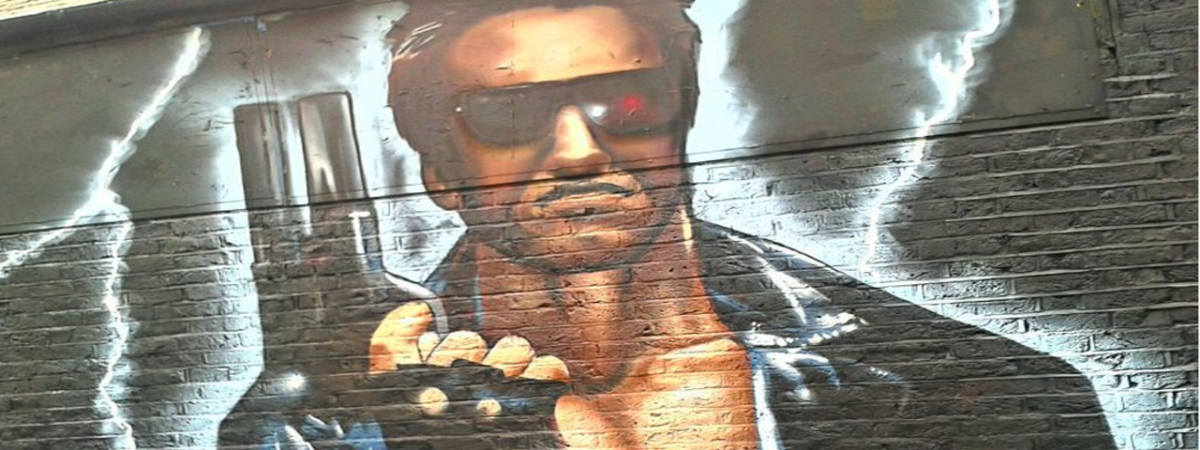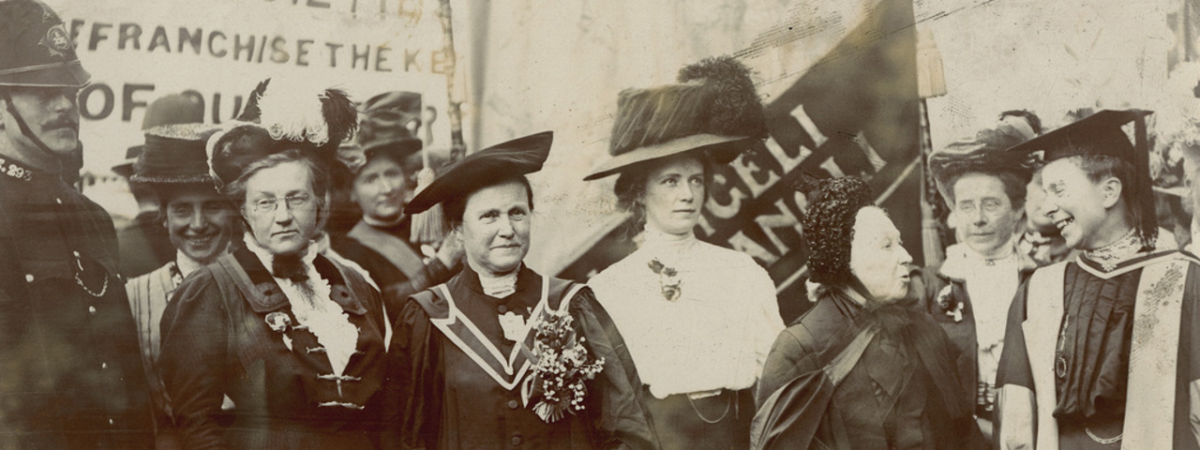Some practical steps for leaving the Customs Union
SUGGESTED



With that in mind, the International Trade and Competition Unit at the IEA has worked with leading customs specialists at the Automated Customs and International Trade Association (ACITA) to produce a set of practical recommendations that will make international trade more streamlined and efficient, and serve as preparation for all possible outcomes of the Brexit process.
As expert witnesses from the haulage and trade industries told the Treasury Select Committee in March, if we had started all the necessary steps without delay after the referendum, industry would be a lot less worried about the Brexit timetable. The protracted Parliamentary time given to efforts to staying in the, or a, customs union have actively damaged the interests of businesses.
It has meant that HMRC are in the difficult position of designing and implementing actions where there are (at least) three scenarios in play with very different implications: the “highly streamlined arrangement” and “new customs partnership” from the Government’s position paper, and a continued customs union, which, despite being ruled out by the Prime Minister, has proved impossible to dismiss. Against this backdrop, the recommendations that we have put forward are intended to be beneficial in any of those scenarios.
The root of the problem is this: even if a tariff-free trade deal is agreed between the UK and the EU, customs formalities will still apply. To enable businesses and border systems to cope with the resulting increase in customs declarations, applications for reliefs and authorisations, HMRC needs to make customs processes as simple as possible, and provide support and information to firms, especially those which currently trade only with the EU and so have no experience of customs compliance.
Reaching a deal with the EU27 and co-operating with partner authorities in member states are vitally important, but for now we have focused on things that the UK Government can do unilaterally. The measures we recommend are all available under existing EU customs regulations that will generally be carried into UK law by the Taxation (Cross Border Trade) Bill that is currently going through Parliament. This means there would be no need to rewrite existing laws or depart from practices accepted by the EU (although ACITA members have lots of suggestions for reforms to customs legislation that will be open to the UK outside of the customs union).
Implementation of the new “CDS” IT system is a key priority for HMRC, but there are many other technical and operational measures that should be looked at without delay.
These include implementing self-assessment – a mechanism that allows traders to carry out certain formalities normally undertaken by customs. For example, a business would itself determine the amount of import/export duty payable, and notify customs periodically (potentially monthly) of the amount payable.
This could massively reduce the number of declarations to be processed through the CDS system, and allow HMRC to focus resources on supporting smaller businesses. Self-assessment has been trialled in the UK (and successfully implemented in the Netherlands), and we urge HMRC to expedite its rollout at scale before Brexit.
The processing of applications for authorised economic operator (AEO) status should also be improved. AEOs are traders who have a record of compliance, and the systems and capabilities to qualify for various simplifications and waivers that minimise trade costs and frictions.
More resource needs to be devoted to training and support for applicants, recognising external qualifications towards reaching the required standards and prioritising businesses that already hold customs freight simplified procedures accreditation. The private sector could have a role to play here – training and compliance audits could be carried out by experienced professional services firms. AEOs can also be trusted to carry out pre-clearance checks, further alleviating the workload of authorities – another policy already successfully operated in the Netherlands.
HMRC also needs to engage more staff and improve training and career structures for officials. It has indicated it may need up to 5,000 additional staff. But the training and development offered to attract and retain talented people, and provide an effective service to businesses, is as important as the number of staff.
Longer term, the Government should consider bringing the functions of the border force that relate to goods, separated from HMRC since 2007, back within HMRC to operate more streamlined border processing.
A comprehensive national communication strategy will be required, calibrated to meet the needs of both large businesses with complex supply chains, who already have customs systems and expertise but need clarity on the changes they will have to make, and smaller businesses who will need to undertake customs compliance for the first time. Uncertainty that is holding HMRC back from taking and publicising preparations means holds businesses back from their planning – increasing the risk of a disorderly Brexit.
These steps are not by themselves sufficient to manage leaving the Customs Union and Single Market but they will improve the efficiency and competitiveness of the UK’s international trade, whatever the outcome of the Article 50 negotiations. MPs and peers should be focusing their energies on these legal and technical matters, which have been neglected during our membership of the EU. They would bring huge improvements in our trade capability, which is desirable in all cases but essential to support leaving the Customs Union.
This article was first published on Conservative Home.
1 thought on “Some practical steps for leaving the Customs Union”
Comments are closed.




Just more unicorns – what this does not explai is how the UK intends to protect itself from US trade wars or replace the current value of trade in goods and services with the EU – In essence once the UK expends the money and pain of leaving the customs union what does the UK get? Boris Davis and Gove floating around the world on the royal yacht Britannia talking up trade deals with countries more interested in access to the EU China India and even the fading US markets? It is a complete fantasy, funny if it weren’t so dangerous